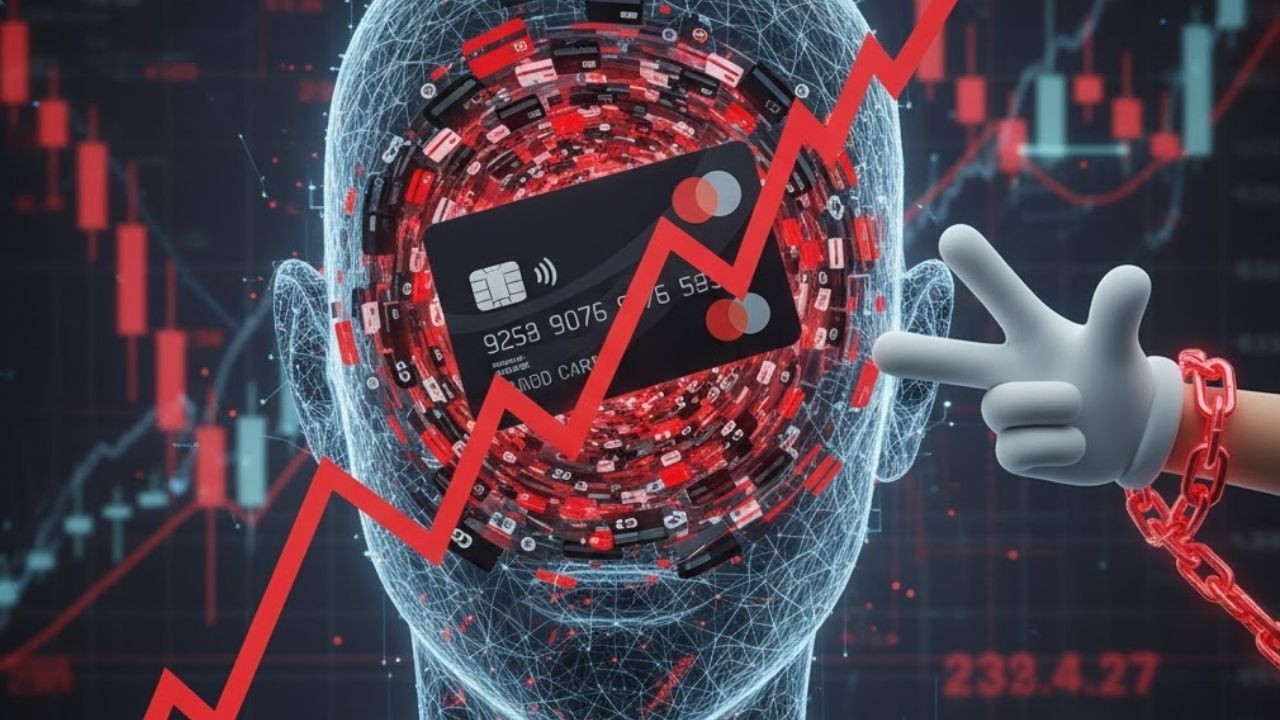Credit card ‘minimum payment’
credit minimum payment: Credit cards have become an important part of our lives today. It is a reliable companion in convenience, convenience and emergency. But do you know that this same convenience can push you into such a deep financial quagmire from which it becomes almost impossible to get out? We are talking about that small option visible on the credit card bill, which is called ‘Minimum Payment Due’. As simple as this name is, its effect can be as complex and dangerous.
Reality of ‘minimum payment’
when at the end of the month credit card When a bill comes and our pockets are tight, that small amount given in the bill gives relief to our eyes. Credit card companies give customers the option to pay only a small part of the total bill amount. This amount can usually range from 5% to 15% of the total outstanding. People think that at least by making this payment, late fees will be saved and their credit card account will also remain active. This may initially feel like a huge economic relief, but this is where the real danger begins.
This option definitely gives you immediate relief, but it is a trap. Because as soon as you make only the minimum payment instead of paying the entire bill, huge interest immediately starts accruing on your outstanding amount. You will be shocked to know that this interest rate can range from 36% to 40% per annum. That is, if you spend only ₹ 100 from the credit card and do not repay it on time, then within a year you may have to pay a huge interest of ₹ 36 to ₹ 40 on it. It would not be wrong to call it ‘pauperizing interest’.
When interest becomes a noose
The most dangerous thing about minimum payment is that whatever amount you pay, a large part of it goes only towards paying interest. The principal amount of the loan remains the same, or reduces very slowly. For years you make the ‘minimum payment’ every month, thinking you are paying off the debt, but in reality you are just bearing the burden of compounding interest. Your loan continues for years, and eventually you end up paying more money to the bank just in interest than the principal amount. This situation is like a financial whirlpool in which the more you struggle, the more you get sucked inside.
Credit score also gets worse
Not just the interest burden, making ‘minimum payments’ has another serious consequence on your financial future. When you do not repay a large part of your outstanding balance, the Credit Card Utilization Ratio increases rapidly. This ratio tells you how much of your available credit limit you are using. According to financial experts, keeping this ratio below 30% will help you credit score Is considered best for. But repeatedly making minimum payments increases this ratio, which has a direct and negative impact on your credit score. A weak credit score can become a major hindrance in meeting your future needs.
the only direct way to escape
What is the right way to escape this financial trap? The answer is very simple and clear, pay the credit card bill in full on time. Even if it is impossible to make the full payment any month, try to make the maximum payment rather than the minimum amount. Your aim should be to reduce the principal amount of the loan and not just to avoid late fees. Use credit cards as a convenience, not as a means of debt. Keep accurate records of your monthly income and expenses. Maintaining financial discipline is the only way you can avoid the sweet poison of credit card minimum payment.
